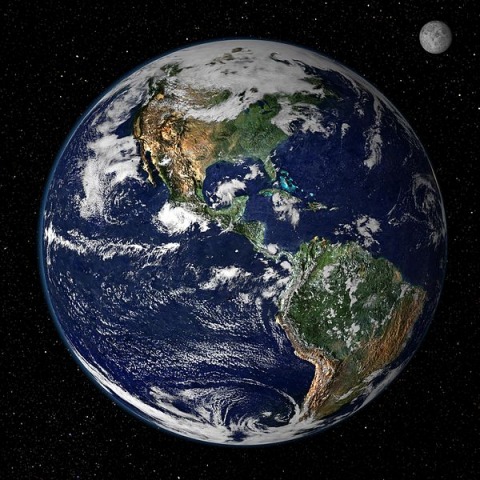
Governments must often base policy on information from scientific experts. In order to protect the environment, for example, one must know what is happening to it. Is the global atmosphere actually warming? If so, is such warming a cyclical event or a long-term trend? Is it influenced by human activity, and can anything be done about it? In the meantime, whatever may be happening to the climate of the earth, the climate of debate passes through swings of its own; we tend to forget that a scant two generations ago, the great concern among scientists was global cooling.
Although the Church speaks with authority about morals and doctrine, she knows she has no special competence in science. In the popular view, she is antiscientific. On the contrary, all too often Church officials jump on the latest scientific bandwagon just because the scientists whom she consults have jumped onboard already. At various times she has been assured by penologists that prisons rehabilitate, by psychologists that sexual abusers who have undergone therapy can be safely returned to active ministry, by biologists that the hypothesis of natural selection explains macroevolution, by political scientists that simple transfer of wealth to the governments of poor nations will make poor nations richer, and by economists that forgiveness of debt on a huge scale would not cause moral hazard. Each of these matters is at least open to question, but the Church too quickly accepts the confident pledges of her expert advisors that they are beyond debate.
A case in point: The Church goes beyond calling for the protection of the environment. It takes planetary warming so much for granted as to cite it as one of the reasons for dialogue with the members of other religions. As a statement of the International Theological Commission on the search for universal ethics incautiously declares, “The good of the species appears as one of the fundamental aspirations present in the person. We are particularly conscious of it in our time, when certain perspectives such as global warming revive our sense of responsibility for the planet as well as for the human species in particular.”
This particular endorsement of the global warming scenario – there have been many -- was composed before the explosion of the “Climategate” scandal at the Climatic Research Unit of the University of East Anglia, England, in which the content of leaked email messages gave strong reason to believe that researchers at the CRU had colluded to manipulate data, interfere with the peer review process, and punish outside scientists who dissented from their conclusions. Though official investigators drew milder conclusions, even they criticized the University for a “culture of withholding information.”
In the meantime it has become clear that the vaunted “consensus” of the scientific community concerning the warming of the planet is more like a powerful but contested opinion. What actually happened at the CRU may take years to sort out, but the event is a salutary reminder that communities of experts are much like little polities, with their own gatekeepers, their own ways of withholding and distributing resources, their own publicity machines, their own ways of policing consensus, and their own ways of punishing dissent. This is especially true in fields like climatology, where the data are messy, the modelling methods highly sensitive to minute changes in assumptions, emotions run high, and the distinction between scientific theory and political ideology is easily blurred.
Scientists themselves -- except when they hold minority opinions -- are often remarkably oblivious to the possibility of bias and groupthink, viewing their disciplines as immune to the foibles of the world, perfectly in harmony with the ideal of rational inquiry. Members of the Church would do well to remember that just as there are fads, prejudices, and irrational convictions in the nonscientific world, so there are in science.